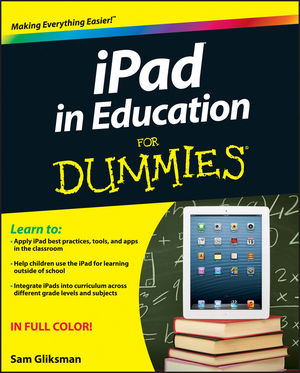The assumption that instructors are lazy and make students teach themselves probably comes from experiences unfortunate students had with untrained teachers. Some untrained instructors think that to teach an online course you simply need to post readings, PowerPoint slides, quizzes and assignments, assign due dates and grade. This sounds like a face-to-face class without the classroom component. I could certainly see how a student in such a course would feel as if the instructor were absent and she is teaching herself.
So what's missing? The student may say that the teacher isn't teaching anything, which is sort of true. But that's not due to the fact that classroom component is missing. There are many highly successful online courses being offered and none of them involve physical presence. So again we ask, what's missing?
- Clarification on content
- Timely feedback on demonstrated performance and understanding
- Spontaneous activities and explanations
- Interaction with the instructor and classmates
- Student-driven discussion and Q&A
- A sense of community and humanity
If an online instructor could find a way to incorporate these elements into his course, I am confident that his students would be satisfied with the instruction, support and engagement they experience. And it is certainly possible!
Am I missing any elements? Or do you have a different opinion? Please share your thoughts.
*I do not wish to discount or belittle self-trained instructors. I simply want to emphasize that learning the strategies and techniques for teaching online often leads to success, whereas instructors who do not learn and apply best practices often fall short, even if their intentions are good and their classroom teaching skills are noteworthy.
*I do not wish to discount or belittle self-trained instructors. I simply want to emphasize that learning the strategies and techniques for teaching online often leads to success, whereas instructors who do not learn and apply best practices often fall short, even if their intentions are good and their classroom teaching skills are noteworthy.


 Right now, I am attending the
Right now, I am attending the 


